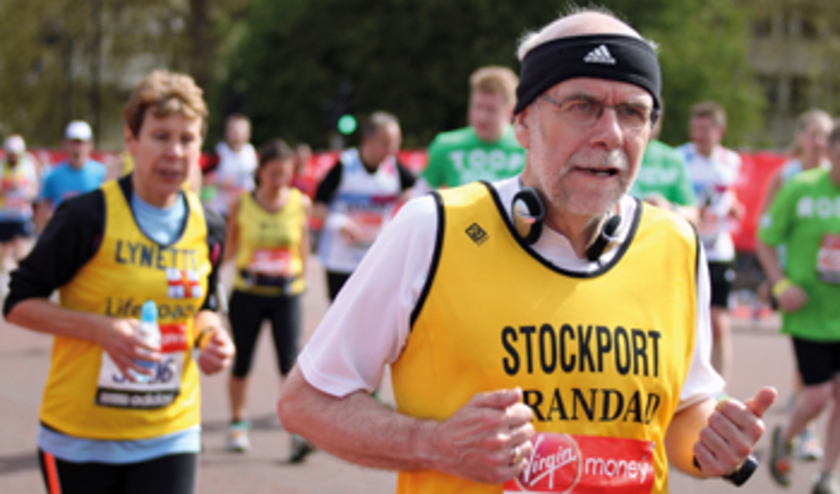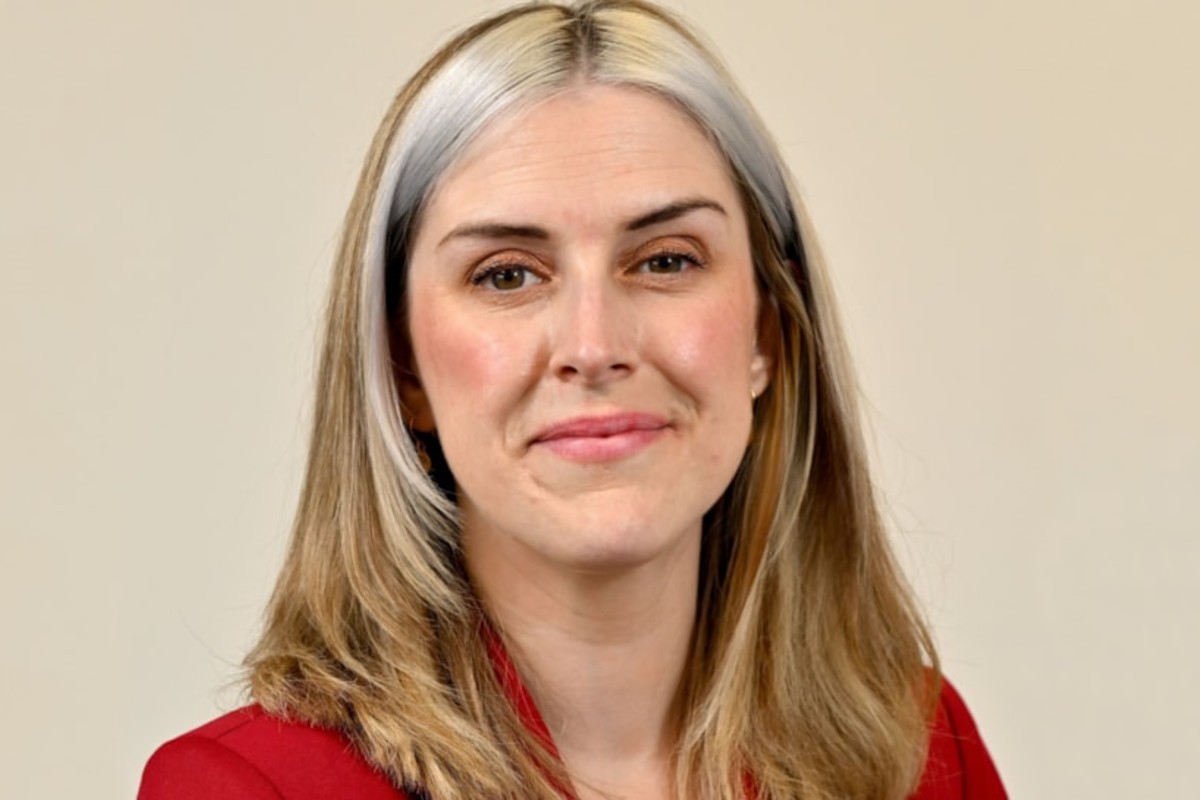The research led by Fuse director Professor Sheena Ramsay, part-funded by the British Heart Foundation, shows an estimated 10% of people over the age of 65 are living with frailty.
However, the new study - led by Newcastle University - suggests that engaging in social activities could help people reverse physical frailty or come back from the brink of frailty.
These activities include spending time with friends and family, playing bingo or card games, going on holiday, going out for meals, writing letters and doing voluntary work.
Those who became more socially active over the years were up to 79% more likely to reverse their frailty, or any early signs of frailty, and become more physically robust, according to the study.
The research included 715 men from the four-decade British Regional Heart Study, supported by the British Heart Foundation, and 1,256 men and women from a similar study in the US.
Sheena Ramsay, Professor of public health & epidemiology at Newcastle University and director of Fuse, said: ‘Our study shows that frailty is not inevitable. Some people recover from early stages of frailty – becoming more socially active could be one of the factors that can make this happen.'
Dr Ziyi Cai, first author of the study from Newcastle University, added: 'People who are socially connected may have friends and loved ones supporting them to have healthier lives and access to healthcare, which could ward off frailty. On the other hand, people who are more isolated, and feel lonely, may be less active, less likely to get the care they need for their health, and sleep and eat less well – all of which can increase their risk of living with frailty.
'Age-friendly communities and networks that foster supportive social ties and activities could contribute to reducing the burden of frailty.'
Sonya Babu-Narayan, clinical director at the British Heart Foundation and consultant cardiologist, said: ‘This study adds to a growing body of evidence that social activities are good for our health, while loneliness and isolation can be detrimental. Exercise, such as resistance or strength training and maintaining good nutrition, are major factors which can reduce frailty.
'There is a growing focus in the NHS on ‘social prescribing', which helps people embrace doing new things in their local area. Trying new group activities like volunteering, for those who can, may help to keep living well for longer.'



